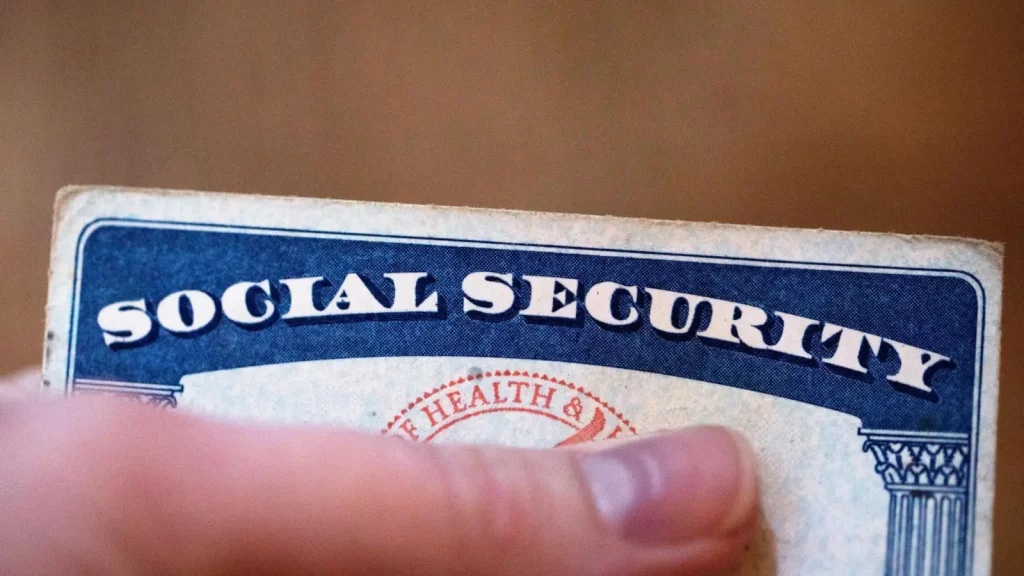If you noticed your Social Security payment this month was significantly lower, you’re not imagining things. Millions of Americans are seeing their July 2025 checks cut in half, and the reason behind it is catching many completely off guard.
This month, the Social Security Administration (SSA) began implementing a new policy to recover past overpayments. In plain terms, the agency says it gave out too much money—sometimes over a period of years—and is now reclaiming those funds by taking up to 50% out of monthly benefit payments. For those affected, this could mean losing hundreds—or even thousands—of dollars at a time when every penny counts.
What Caused This?
From 2015 to 2022, the SSA mistakenly paid out nearly $72 billion more than it should have. These overpayments happened for a number of reasons: agency errors, recipients not reporting life changes (like income, marriage, or employment), and slow updates to SSA records. In many cases, recipients had no idea they were being overpaid.
Now, in an attempt to fix the issue, the SSA is clawing back those funds. Until recently, the agency would only withhold 10% of your monthly benefit to recover an overpayment. But this year, that changed. Some recipients saw their full checks withheld—100%—which sparked public outrage. As a compromise, the SSA introduced a new cap of 50%, which took effect for July 2025 payments.
Who Is Affected?
The people most affected by this change include:
-
Retirees receiving Social Security Retirement benefits
-
Disabled Americans receiving SSDI
-
Survivors and dependents on Social Security
These are individuals who may have unknowingly been overpaid or failed to report a change in their status. Many only find out there’s a problem when they receive a notice in the mail, shortly followed by a smaller check.
If you’re receiving SSI (Supplemental Security Income), you’re not impacted by the 50% withholding. For SSI, the SSA still follows the old rule and can only take 10% of your monthly benefit.
What You Should Do Right Now
If your July payment was lower than expected, it’s critical to act quickly. Here’s what you can do:
-
Check your SSA online account at ssa.gov to see if you’ve received an overpayment notice.
-
Look for official letters explaining how much the SSA believes you owe and when deductions will start.
-
You have 90 days to appeal if you disagree with the decision. Don’t delay—once the clock runs out, it becomes harder to reverse.
-
If repaying the money would cause financial hardship, you can request a waiver by submitting Form SSA-632.
-
Want to repay at a lower rate? Form SSA-634 allows you to request smaller monthly deductions.
Local legal aid organizations and senior advocacy groups can often help you through the process. Congressional offices also assist with Social Security problems and may be able to intervene on your behalf.
Why Is This Happening Now?
This shift in policy doesn’t exist in a vacuum. Lawmakers recently passed a massive federal budget bill that includes significant cuts and changes to social safety net programs like Medicaid, SNAP, and the Affordable Care Act. The government is under mounting pressure to reduce waste, tighten eligibility, and ensure that money isn’t “lost” through overpayment.
While the SSA says the move is about fiscal responsibility, critics argue that it punishes vulnerable people for mistakes they didn’t make. Many of the affected are elderly, disabled, or on fixed incomes—people who can’t afford to lose half their monthly support without facing eviction, hunger, or loss of essential care.
Final Takeaway
If your check was smaller this month, it could be the result of an old debt you didn’t even know you had. Don’t panic—but don’t ignore it either. Check your SSA account, read every letter carefully, and file appeals or requests for relief if needed.
In a moment like this, knowledge is power. Taking a few steps now could protect you from losing thousands in the months ahead.



